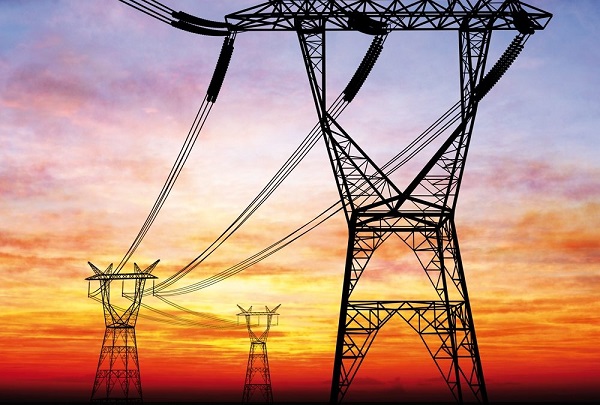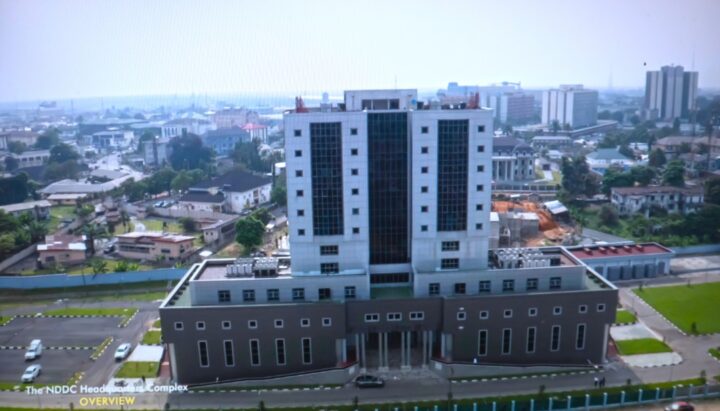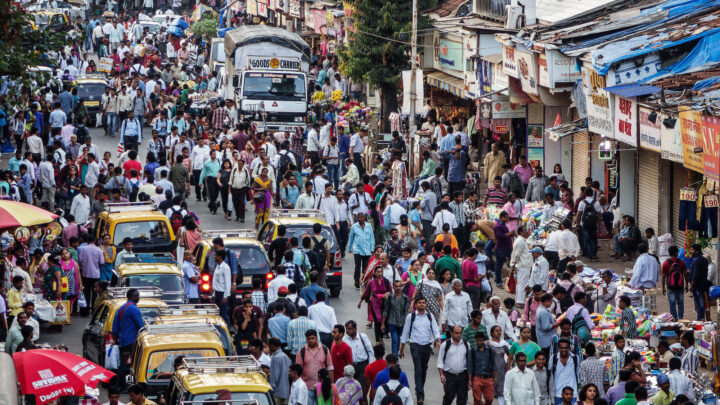The Foundation for Partnership Initiative in the Niger Delta (PIND) says 2,070 people from 645 businesses and households accessed electricity for the first time in the coastal communities of the Niger Delta region.
This was contained in the foundation’s 2021 annual report released last week.
The report revealed that 1,283 (62%) women benefitted from PIND’s Access to Energy project, which is supporting and improving small business in coastal communities.
PIND noted that coastal communities in the Niger Delta region suffer from lack of electricity supply from the national grid.
Advertisement
“Some of these communities are so remote that the cost of connecting them is too high. Residents there often rely on generating sets and other hazardous means — such as bush lamps to power activities in their homes and businesses. This reliance makes life difficult for people who already live below the poverty line,” Tunji Idowu, the organisation’s executive director, said.
“PIND’s work as a long-time, independent development resource in the Niger Delta has empowered the region’s communities, bestriding age, ability, education, gender, location or status.
“Our programs deliver the financing, information, linkages, mindsets, skills, technologies, and tools that have proven to improve lives and livelihoods.”
Advertisement
Since 2018, PIND’s Access to Energy (A2E) project has provided affordable and clean energy and decent work and economic growth to small businesses in the region, especially fish farmers in Sangana and Fishtown communities in Bayelsa state, who had solar refrigeration hubs installed to reduce post-harvest losses due to inefficient preservation methods such as smoking.
The organisation said its access to energy project beneficiaries accrued N466.73 million in financial benefits and leveraged N83.6 million in private sector investments for access to energy solutions.
The report further states that N466.7 million was saved by community users of facilitated renewable energy solutions; with women-run households and businesses making up 62 percent of first-time beneficiaries.
“N71 million in grants distributed to Delta state implementing partners to provide more than 580 youth with technical and vocational education and training and more than 113,300 people reached with gender equity and social inclusion messaging (GESI) about opportunities for women and persons with disabilities (PWDs),” the report stated.
Advertisement
Rick Kennedy, PIND board of trustees chairperson, asked stakeholders to invest in addressing various challenges faced by the Niger Delta region.
“As the landscape in which we work evolves and still presents challenges— such as funding opportunities being redirected out of the Niger Delta — it is even more apparent that multiple partners and stakeholders in all sectors must come together to address the needs of the region,” he said.
Add a comment






